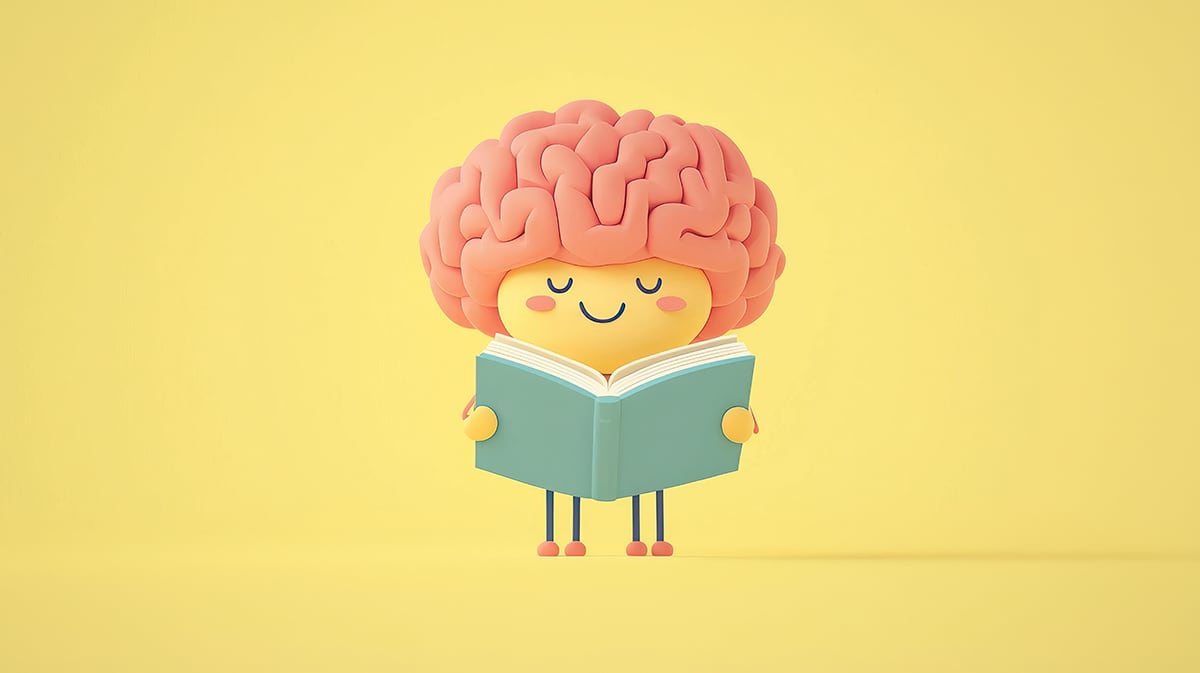Why a Book Club Might Be the Best Thing for Your Cognitive and Emotional Health

From lost focus to reading ritual
In 2024, Alia didn’t finish a single book. She started plenty, on planes, on weekends, during a quiet moment before bed, but couldn’t stick with any of them. “I just couldn’t get into it,” she said. “My mind would wander, or I’d reach for my phone instead.”
Today she always has a book in her bag. She reads often, and she talks about what she reads. What changed? She joined a reading group.
Book clubs have become one of the most powerful tools for emotional wellbeing, improving attention and building connection. They might look simple from the outside, but offer a deeper kind of return. In a world where attention is fractured and community can feel out of reach, they’re the kind of routine that builds strength where it counts: internally.

The attention crisis is real
We’ve all felt the effects of the attention crisis. Productivity and technology are equally to blame here: we are bombarded with information and expected to multi-task continuously. We expect to be available and productive around the clock. We blend home and work so much that downtime looks like replying to a quick email before bed. Even rest becomes a performance, something to optimise, track or a habit to stack. This costs us more than we realise, impacting our sense of rest, learning, deep thinking and overall decision making.
What reading can do for your brain
The science is clear: reading improves your brain function.
It offers us a different rhythm. A slower pace that requires absorption, reflection, and presence. When we pick up a physical book something in our brain shifts. Research shows physical reading improves our comprehension 6-8 times more than digital text. Turning pages creates a visual index in our minds, mapping what we read visually to a page and enabling us to retain information better as a result. When we read, we activate regions of the brain involved in perspective and comprehension, as if we’re experiencing it ourselves. This is why a good book is so hard to put down. The experience of immersion, being fully inside a story or an idea, strengthens our memory, improves our reasoning and helps build new pathways in our brain.

Reading together builds belonging
We often talk about reading as a solo act. But some of the most powerful benefits come not from reading alone, but from reading together.
A book club creates a rhythm in your week. It’s a consistent space to show up, stay mentally active, and engage with ideas in a deeper way. The accountability is real, but the pressure isn’t – like a group exercise class for your mind. Just like training with others improves your physical performance, reading with a group sharpens focus, strengthens recall, and expands perspective. We remember more, we reflect more, we feel more connected.
They offer structure without pressure, intimacy without performance.
Join a book club, hosted by Verse
Together we’ll read Boundless Heart by Christina Feldman. This is a non-fiction book that takes you through the Brahma Viharas (kindness, compassion, joy & equanimity): the four qualities Buddhists cultivate through meditation. Mental tools for a modern life.
Each week includes one short chapter, a recorded meditation, and reflection prompts to bring the insights off the page and into your life.
Reading isn’t a luxury, it’s a form of care. And joining a book club might just be the kindest thing you do for your brain this year.
All are welcome.
Read. Reflect. Rewire.
Verse helps you discover books you’ll love, recommended by people you trust. We are a community-driven space where readers can discover, buy, sell and share books while supporting authors. Our mission is to make reading more personal, social and sustainable. → Explore Verse
→ Join the book club, hosted by Jen Drabble & Natalia Bojanic
References


















